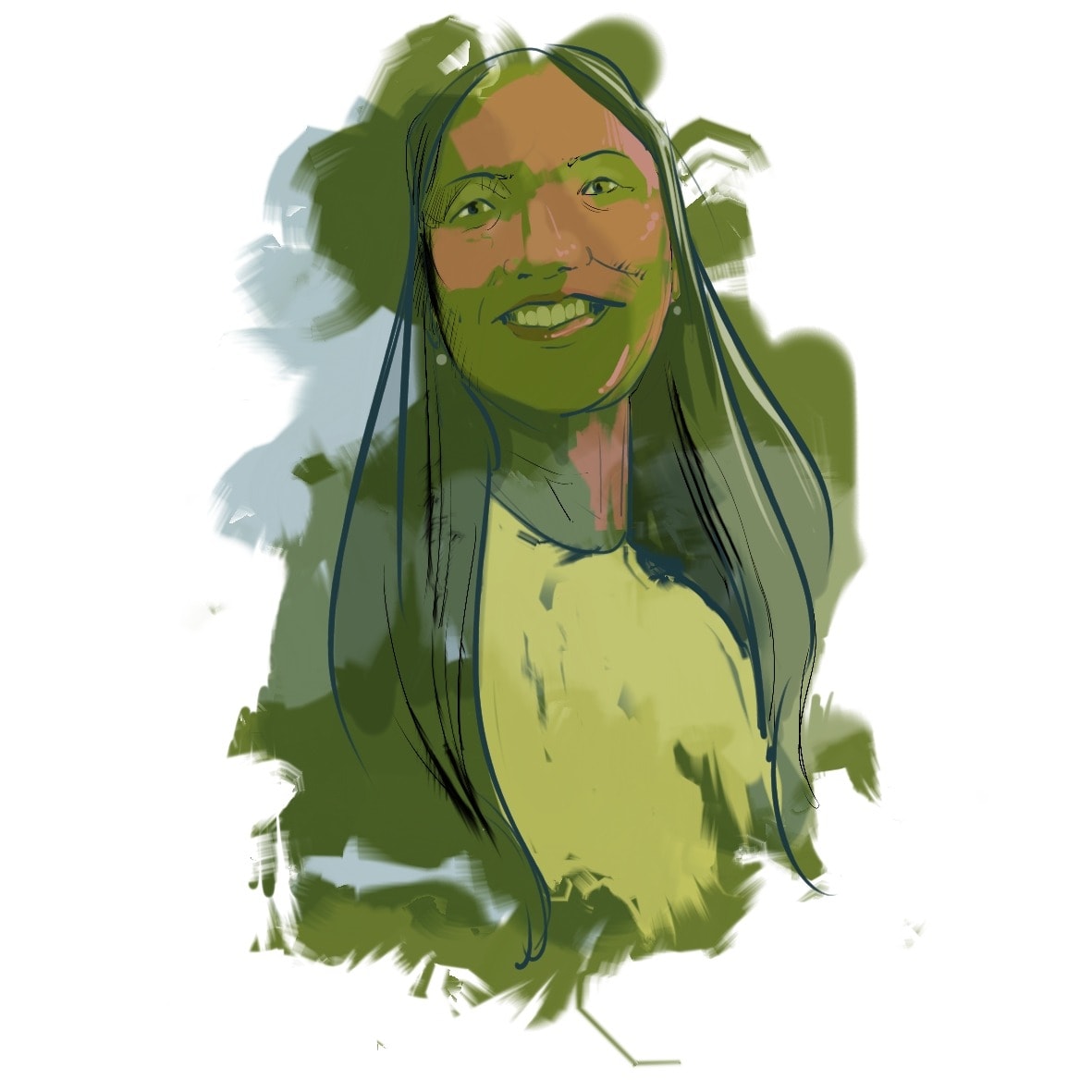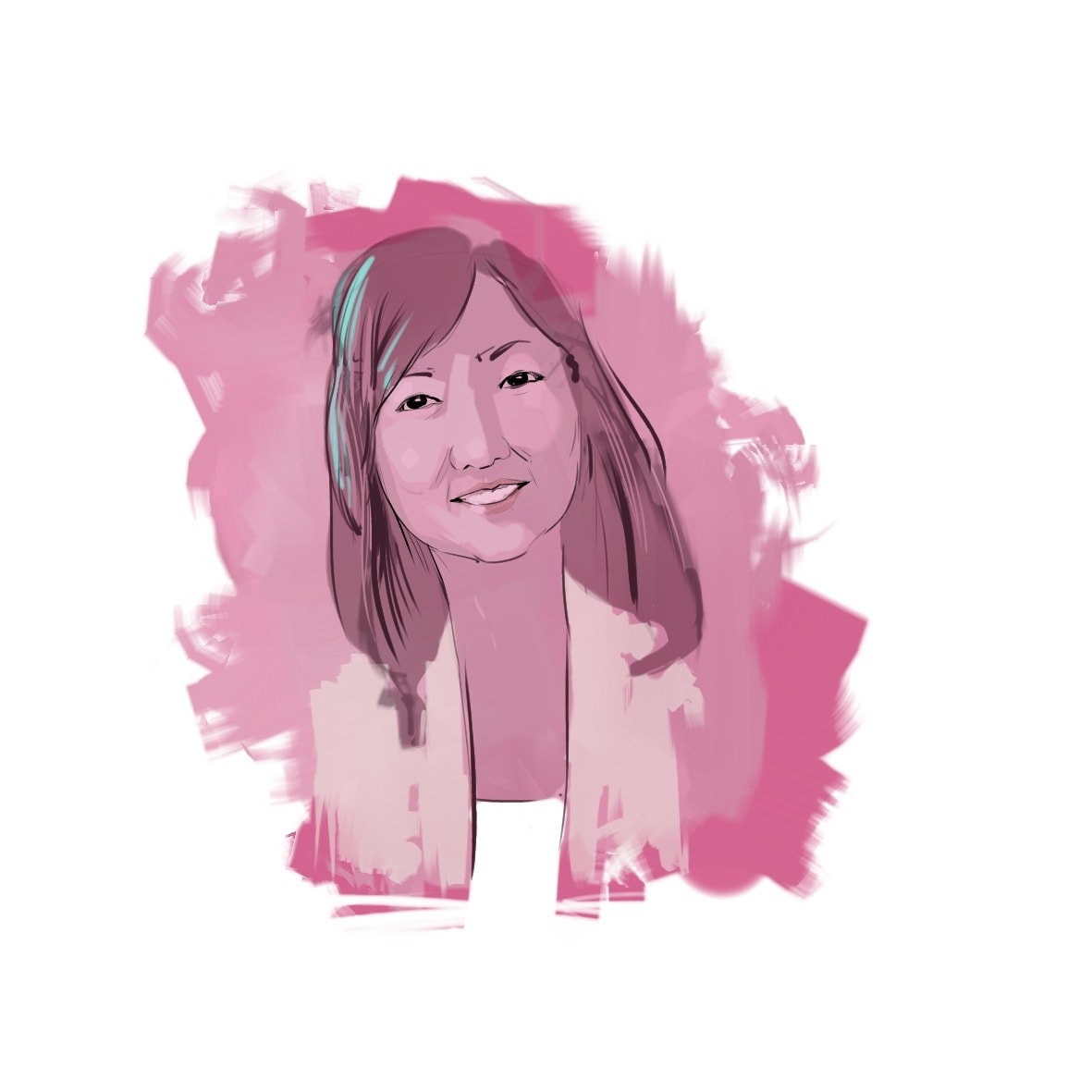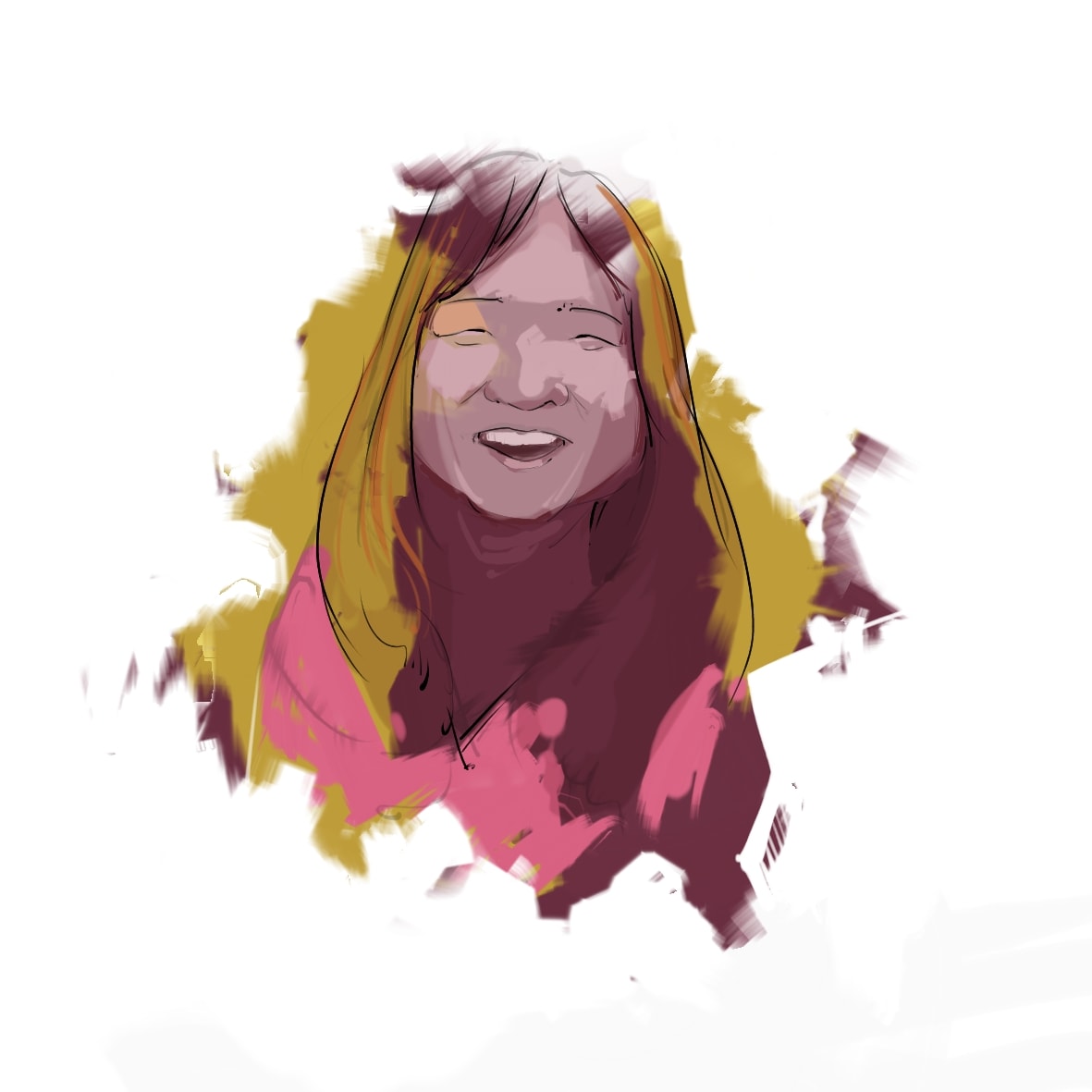China has become a global centre of innovation in recent years. Strong government support and healthy private funding have created an environment that encourages and supports innovation. As part of our innovation special, Beijing-based Frank Hersey of Technode.com introduces some of the rising stars that are innovating across social, technological and cultural sectors.
The future curator
Carrie Chan, Senior Curator of the Design Society

Carrie Chan
Establishing China’s first design museum was always going to be a challenge. As China moves from imitator to innovator, Carrie Chan and the Design Society team have helped the Sea World Culture and Arts Center (SWCAC) make sense of the changes underway, with a little help from London’s V&A.
“It’s one of a kind in the whole world, it’s pioneering,” said Chan of the Shenzhen-based SWCAC. It’s a mix of galleries, retail, performance space and local government arts offices – a totally new model for China.
“The Shenzhen audience typically only has a basic understanding of what design is. They are more familiar with architecture design or furniture design, which are more tangible,” Chan said. “We wanted to showcase design through a topic, as an activator of social change and how it’s relevant to social development, so we’re trying to broaden the understanding of design’s power in the economy or society, rather than just as an object for appreciation or to raise aesthetic standards.”
We wanted to showcase design through a topic, as an activator of social change
As an international institution, Chan and her colleagues have worked hard to build relationships to embed SWCAC in the global design scene. They have also had to steer the sponsor China Merchants Shekou on their first cultural project in their 145-year history. “The government has the ambition of building an entire bay area, and I could see this happening,” said Chan of her own interest in joining the project, referring to China’s plan for a Greater Bay Area encompassing Hong Kong, Shenzhen, Zhuhai and neighbouring cities.
The Center is home to a gallery run by the V&A, which itself was founded when Britain was going through a similar shift from industrial manufacturing to design.
The big data security expert
Xie Yinglian, CEO & Co Founder of DataVisor

Xie Yinglian
“My goodness, that’s a lot of mathematics, have I made a mistake?” is how Xie Yinglian recalls her feelings when she saw the course details of the computer science degree she had signed up for. She had made the decision after a recommendation from an uncle in IT after only using computers in a very limited fashion at middle school. Now she runs a fraud prevention service with clients all over the world, including the UK.
Despite coming from towns just half an hour apart in Zhejiang, Xie and her company’s cofounder Fu Yang did not meet until they both started working at Microsoft at a similar time after completing their PhDs. They specialised in big data security just as the field was starting to emerge.
As some of the first people working in this area, we realised we could transform the industry with new ideas
“As some of the first people working in this area, we realised we could transform this industry with new ideas,” Xie explained. Their skills at solving big data issues meant they were sought out in the industry. “We felt we didn’t want to do all this problem-solving in our spare time, we wanted to find a paradigm that solved the root of the problem rather than solving issues one at a time,” Xie continued, explaining the approach that proved to be DataVisor’s breakthrough.
The models they build monitor data in real-time and identify threats and fraud automatically, without being programmed to look for specific issues.
The pair never paid much attention to the fact they were two women in IT until they formed their own startup and found women entrepreneurs get a lot more attention than their male computer science counterparts. Xie encourages both girls and adult women to try computer science – and to stick with it, as it wasn’t something that came naturally to her.
The eco-transporter
Zhang Yanqi, Co-founder and COO of ofo

Zhang Yanqi
The bright yellow hire bikes operated by ofo can be seen across most major Chinese cities and have also been popping up on the streets of London, Sheffield and Cambridge as the company expands worldwide. Started as a way to deal with bike shortages on a Beijing university campus, the company now has bikes in 21 countries with users clocking up over 32 million rides a day. Unlike previous hire bike schemes, ofo’s cycles can be left anywhere – no docking required.
“It’s great to see how a simple idea of making the world a greener place by promoting cycling can make such a difference to people’s lives and the environment,” Zhang Yanqi said. The company had a much humbler goal when it started out. “ofo was founded in 2014 by five students at Peking University, with a desire to provide fellow students with a convenient, efficient and environmentally-friendly way to travel,” said Zhang, who worked at Uber in China before local rival Didi Chuxing acquired it.
It’s great to see how a simple idea of making the world a greener place can make such differences to people’s lives
Entering the UK has been a project close to Zhang’s heart partly because he also studied at the University of Manchester. “The cycling culture in the UK and cities’ willingness to adopt greener urban transportation solutions has made it easier for us to get the message across,” he said. Expect to see far more of ofo’s bikes on the streets.
The food techie
Matilda Ho, Founder and Managing Director of Bits x Bites

Matilda Ho
“Food safety is a global issue. As the world’s largest food consumer and producer, China’s food safety problems certainly reflect the scale of its food industry,” Matilda Ho, founder of food tech startup indicator Bitx x Bites explains. “What sets China’s food safety landscape apart is the breadth of food fraud and product counterfeiting compared to other safety challenges such as environmental hygiene issues.”
It was when Ho went to the US to study that she realised, partly as a result of having to cook for herself for the first time, how important the choices we make when buying food are. In China she began working in the food industry and learnt more about the supply chain before setting up her own online farmers’ market, Yimishiji.
China was missing an ecosystem to accelerate innovation in food technology. I figured I could play a part to help build this
“When you grow up with 1.3 billion other people, there is a sense that you have to be ultracompetitive to break away from poverty, and for some, that means taking shortcuts with little regard for a food provider’s incredible responsibility,” said Ho.
“With China’s scale, it was missing an ecosystem to accelerate innovation in food technology. I figured I could play a part to help build this ecosystem by creating its first food tech accelerator VC,” said Ho about her decision to launch the Bits x Bites incubator in Shanghai in 2016. And she is already noticing a difference. “What has been evolving in the past two probably is less to do with the perception of food problems. Instead, we’re noticing a more practical optimism – that it’s possible to do something about it, whether you’re an investor, a food company, an engineer, a designer or a consumer.”
The social entrepreneur
Dong Fen, General Manager of Hua Dan

Dong Fen
Not having the right papers to get an accounting job in her provincial capital Kunming, it was by chance that a despondent Dong Fen heard an announcement back in her village for Chinese New Year in 2004. Beijing’s Rural Women College was offering training opportunities for women in the capital, some 2,000km away.
After a rigorous application process, Dong Fen got a place and once in Beijing, signed up for a workshop run by British social entrepreneur Caroline Watson who was just starting experiments with drama techniques as a way of empowering and giving self-confidence to migrant women workers in China’s cities. The workshops proved a success and Dong Fen kept attending. Caroline established Hua Dan and asked Dong Fen to work with her. Hua Dan was the first organisation in China to use participatory drama and art techniques in this way.
Our workshops are a low-cost tool that helps us help lots of people deal with challenges
“One particular benefit of using drama, especially for children and women, is that the first time they get up on stage and tell their story, it gives them a huge boost and helps them discover how to communicate with others,” Dong Fen said.
Dong Fen has become general manager and continued innovating on new ways to work with children and women. “Over the last 14 years I’ve seen how hard it is for people to make changes to their confidence, self-awareness, and build their skills in cooperation and leadership. Our workshops are a low-cost tool that helps us help lots of people deal with challenges.”
The organisation has brought its migrant participants to the Edinburgh Festival three times to put on highly-acclaimed shows and Dong Fen and Caroline Watson run workshops for corporate clients to fund the migrant projects.


